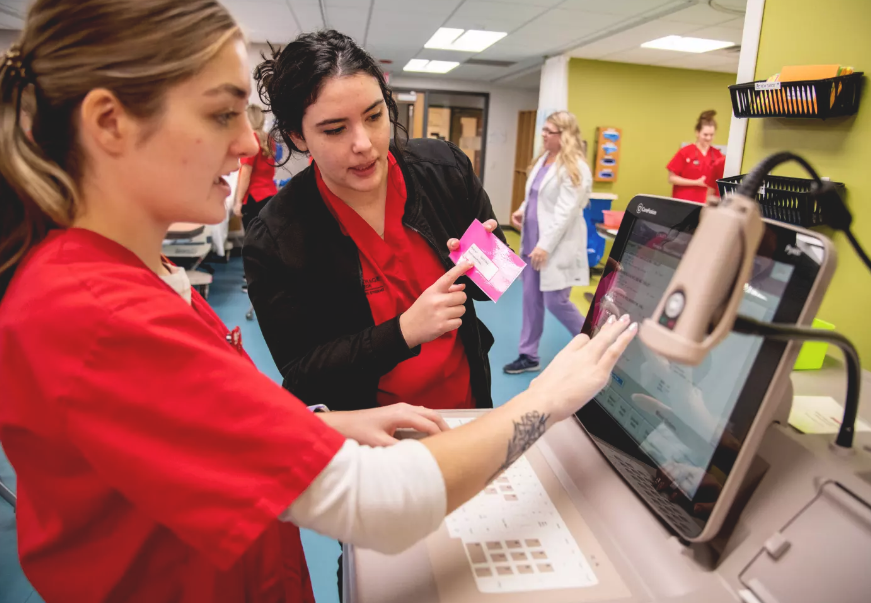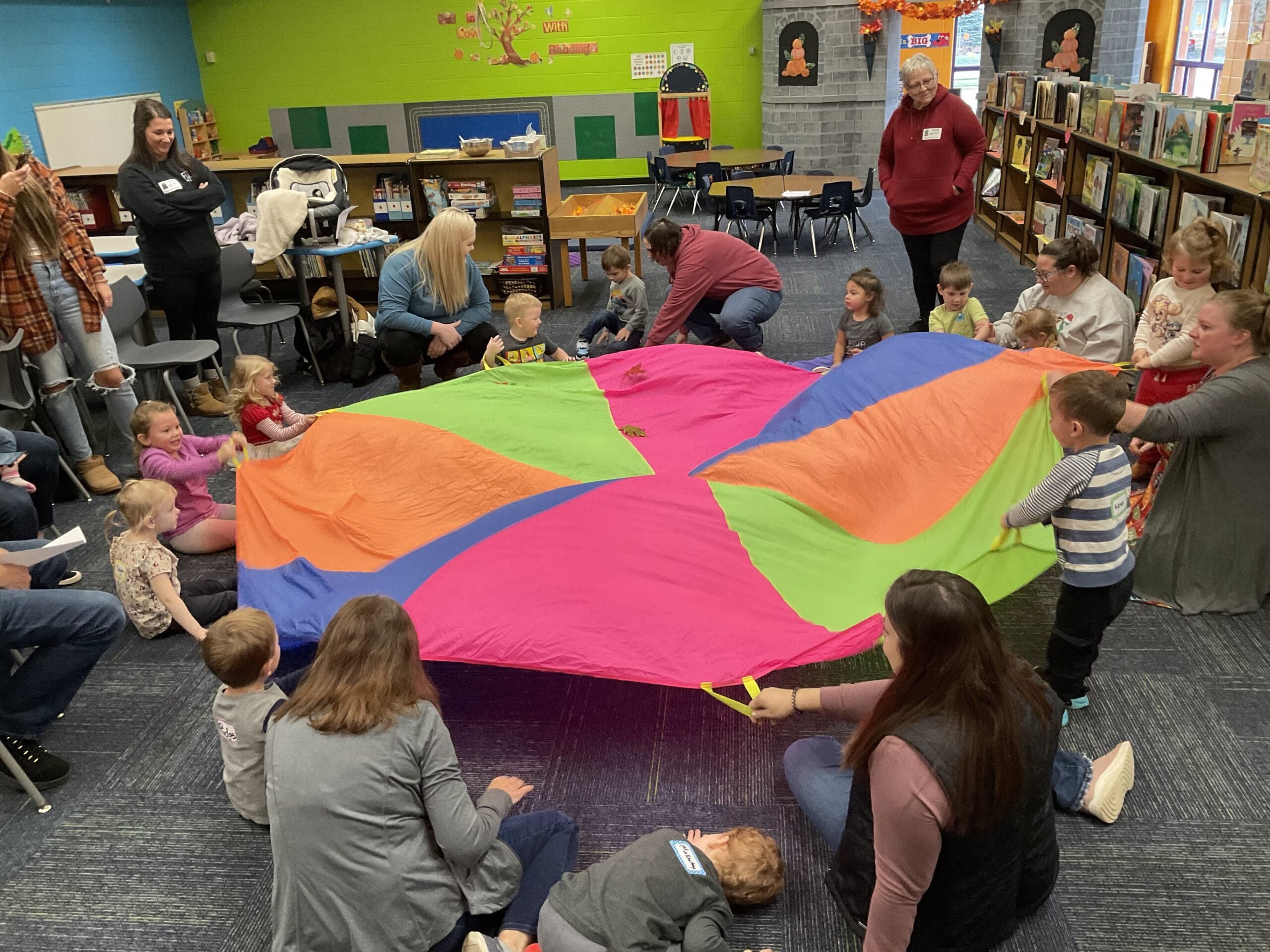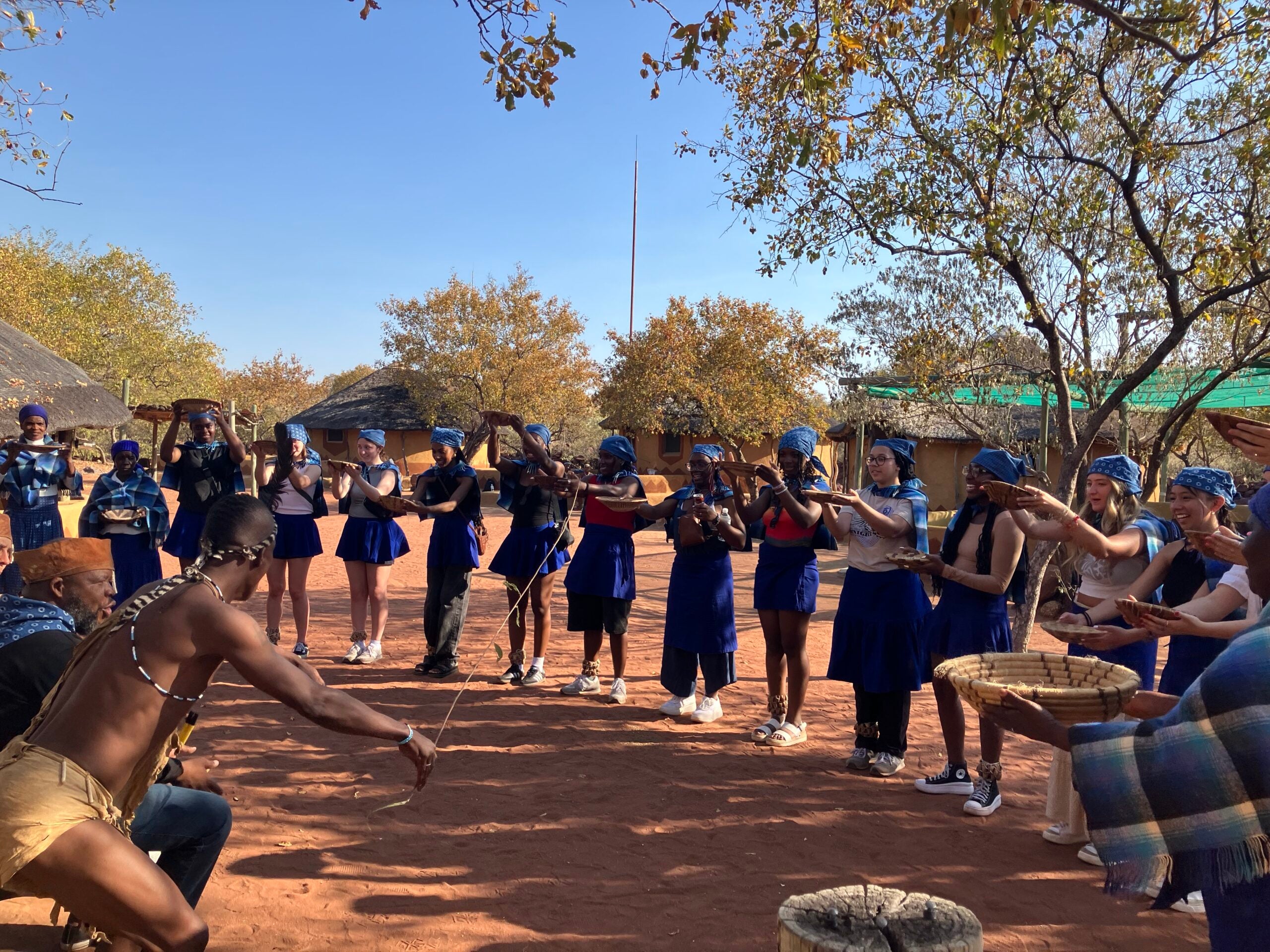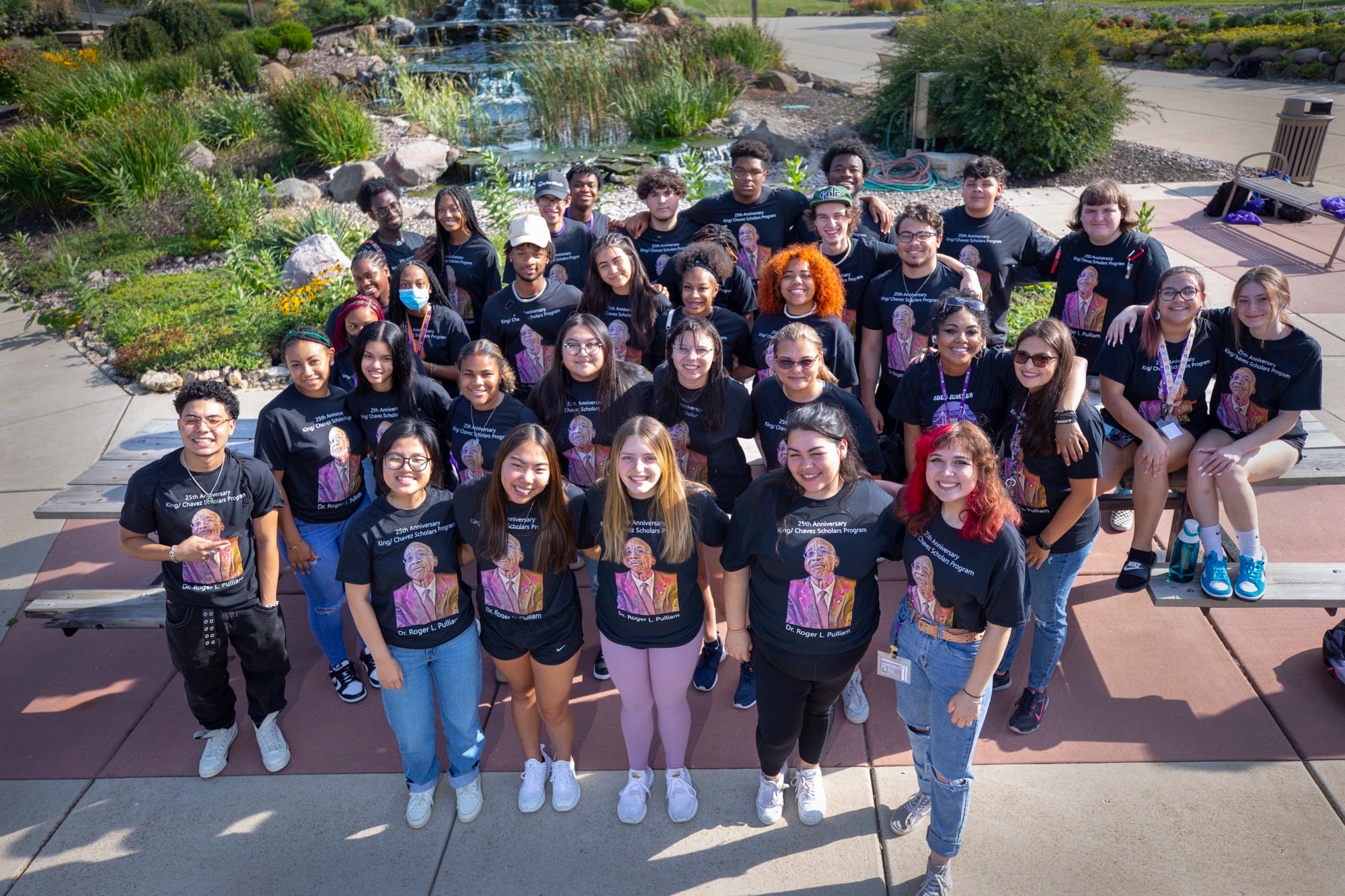University of Wisconsin-Madison has received a $440,000 federal research grant to study a program designed to make kids more financially literate.
There have been many efforts across the U.S. to make adults more financially savvy, with mixed results. Some people think adult understanding of money matters could be improved by starting young.
To find out if this works, the U.S. Department of the Treasury is funding a study which will be conducted by the UW-Madison’s Center for Financial Security. Elizabeth Odders-White, an associate professor of finance at the Wisconsin School of Business, is a co-investigator of the study. She’ll examine a program developed by a Los Angeles teacher called “My Classroom Economy,” which relies on role-playing in a simulated economy with pretend money.
Stay informed on the latest news
Sign up for WPR’s email newsletter.
“Kids do things like have to pay rent for their desks, and they’re assigned classroom ‘jobs’ and they can save some of that money. They can spend it on things at the ‘store,’” Odders-White said.
The program contains elements of budgeting and delayed gratification. It will be tested on fourth and fifth graders.
“Many of those kids are already managing some of their own money, either through allowance or they get money for their birthday or holiday,” said Odders-White. “So they have some knowledge. This is trying to build on that.”
Odders-White said they’re still seeking schools from Wisconsin and other states to participate in the study.
Wisconsin Public Radio, © Copyright 2024, Board of Regents of the University of Wisconsin System and Wisconsin Educational Communications Board.





